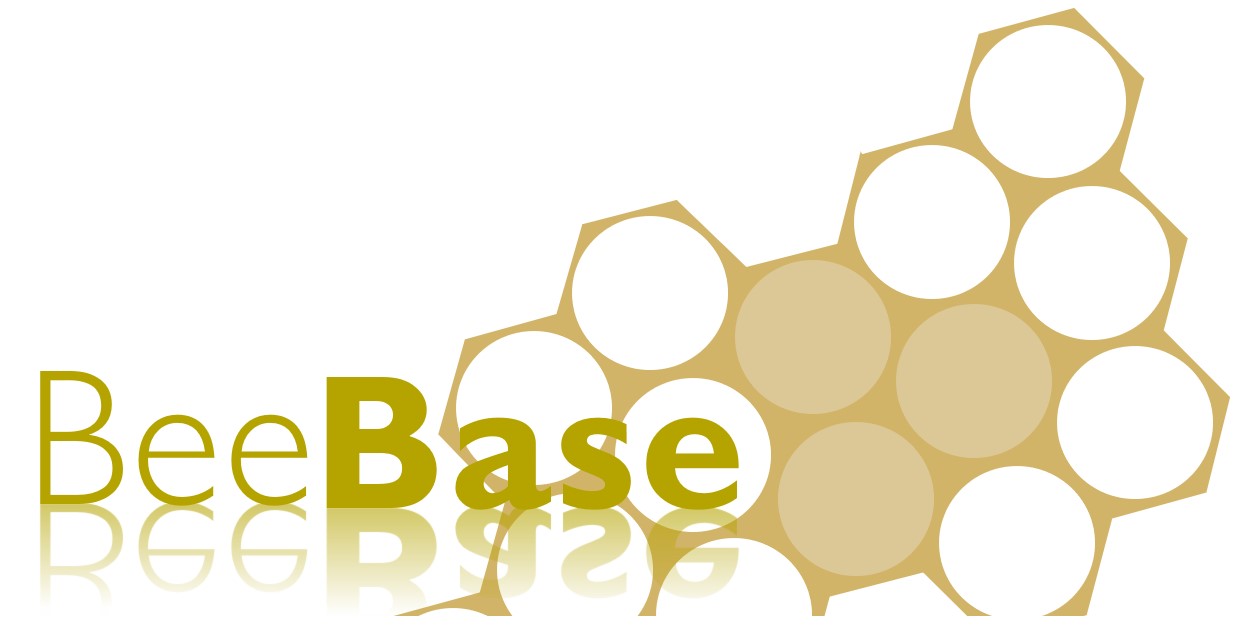Commission Delegated Regulation (EU) No. 2015/1366 provides a framework for the government to provide support for improving general conditions for apiculture production and marketing of apiculture products. This regulation is retained EU law which has been amended to ensure it remains operable after 31 December 2020. Under the regulation the government may draw up national apiculture programmes covering a three-year period.
The measures which may be included in the apiculture programme are as follows:
- technical assistance: for example, training for beekeepers and groups of beekeepers on topics such as breeding or disease prevention, extraction, storage, packaging of honey etc;
- combating beehive invaders and diseases, particularly varroosis; varroa is an endemic parasite, which weakens bee immune systems and, when untreated, leads to the loss of bee colonies;
- rationalisation of transhumance which is important for pollination but also for bee nutrition;
- analyses of apiculture products: honey, royal jelly, propolis, pollen and beeswax;
- restocking of hives;
- applied research;
- market monitoring; and
- enhancement of product quality with a view to exploiting the potential of apiculture products on the market.
The Apiculture Programme in England and Wales is based on the existing bee health programme and focuses on helping beekeepers through the provision of technical assistance to combat and control bee pests and diseases. The apiculture programme in England is implemented by the National Bee Unit through the provision of service rather than grants or direct payments.
Report for the UK apiculture programme, year ending 31 July 2022.
Report for the UK apiculture programme, year ending 31 July 2021.
